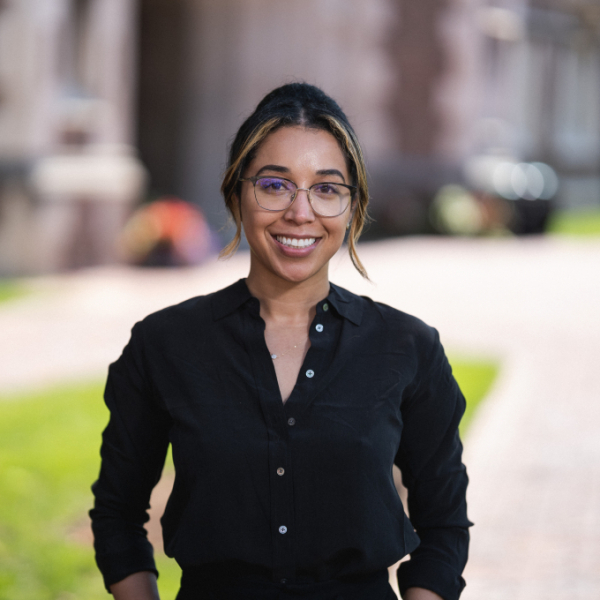In the Department of Education, we have spent the past weeks reflecting on the continued state sanctioned violence through police brutality, individual acts of racism, and the broader issue of systemic racism that plagues our society. On behalf of our Education community, we echo Chancellor Andrew Martin’s words “that we believe, unequivocally, that Black lives matter.” We are heartened to see so many people engaged in sustained action and genuine change occurring, and our Education community is well positioned to help advance the plans outlined for the University.
At what we hope will be a watershed moment for our nation, we want to take a moment to reaffirm our department’s deep commitment to addressing systemic racism and achieving racial equity. We have been doing this work, we are currently doing this work, and we will be doing this work until it is no longer needed. Individually and as a community, we are working to change education and other systems that perpetuate inequity and inequality in our society. We do so through our research that spans numerous disciplinary perspectives and incorporates multiple levels of analysis, ranging from the individual to complex systems. We do so through our teaching in which our critical pedagogy helps students construct an understanding of education as a complex social, cultural, moral, and political activity. We do so through our service both inside and outside of our university in which we are leaders, experts, interventionists, consultants, volunteers, teachers in training, and interns, among other roles. Further, our alumni are actively working through varied professions as teachers, researchers, counselors, policy advocates, and more to solve some of our society’s deepest challenges and inequities.
As a Department, we grapple with the harsh past and current realities of US and global life, and what they mean for the current state of education that in many ways remains inequitable and unsafe for students who are marginalized because of their race, gender, class, sexuality, ability, language, and/or religion. How we as a global society are confronting systemic racism and inequality in our criminal justice system is intimately connected to how systemic racism and others forms of oppression affect educational opportunities and learning experiences. The challenge that we face as a society is daunting, but it motivates us to continue advancing educational equity wherever we work.
On behalf of the Department of Education community,
Andrew C. Butler, Chair and Director of Graduate Studies
Michelle A. Purdy, Director of Undergraduate Educational Studies
Michele A. Augustin, Director of Teacher Education





